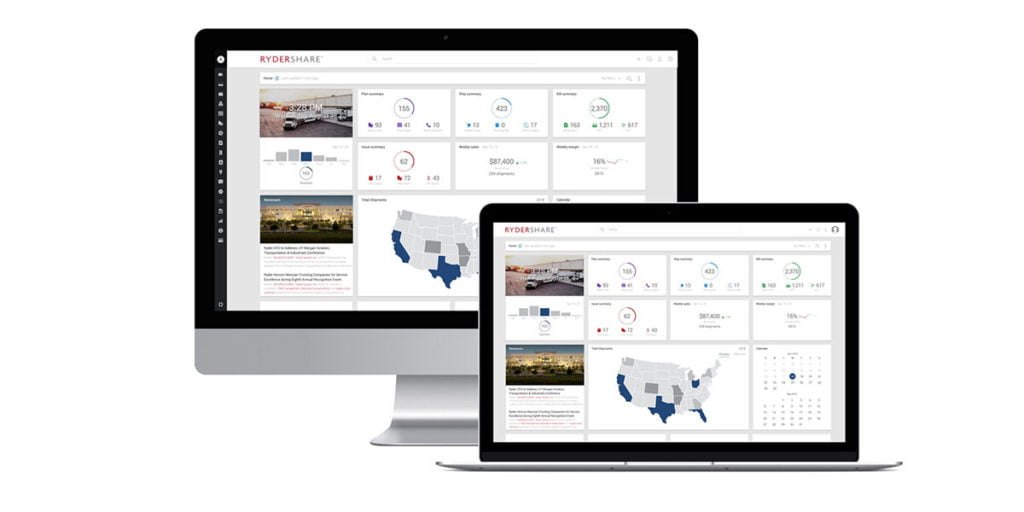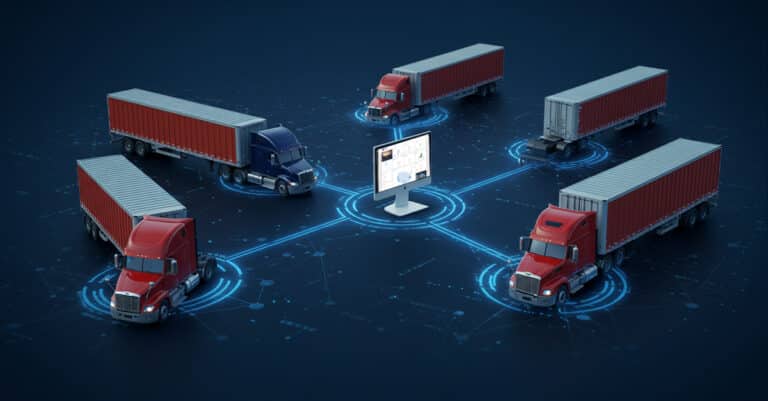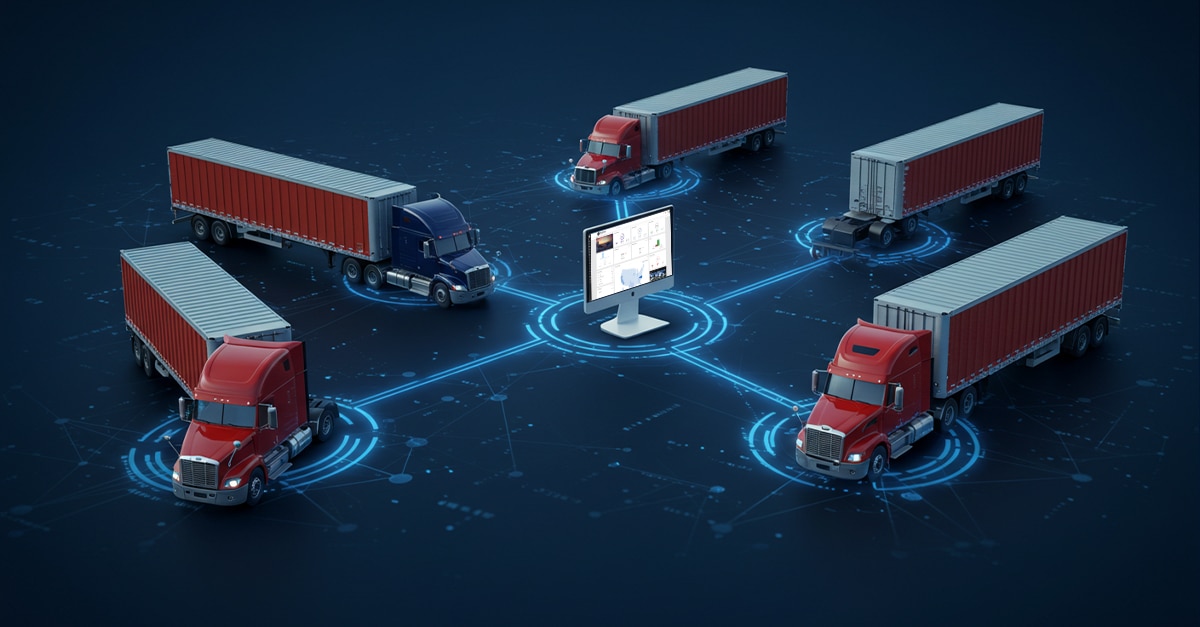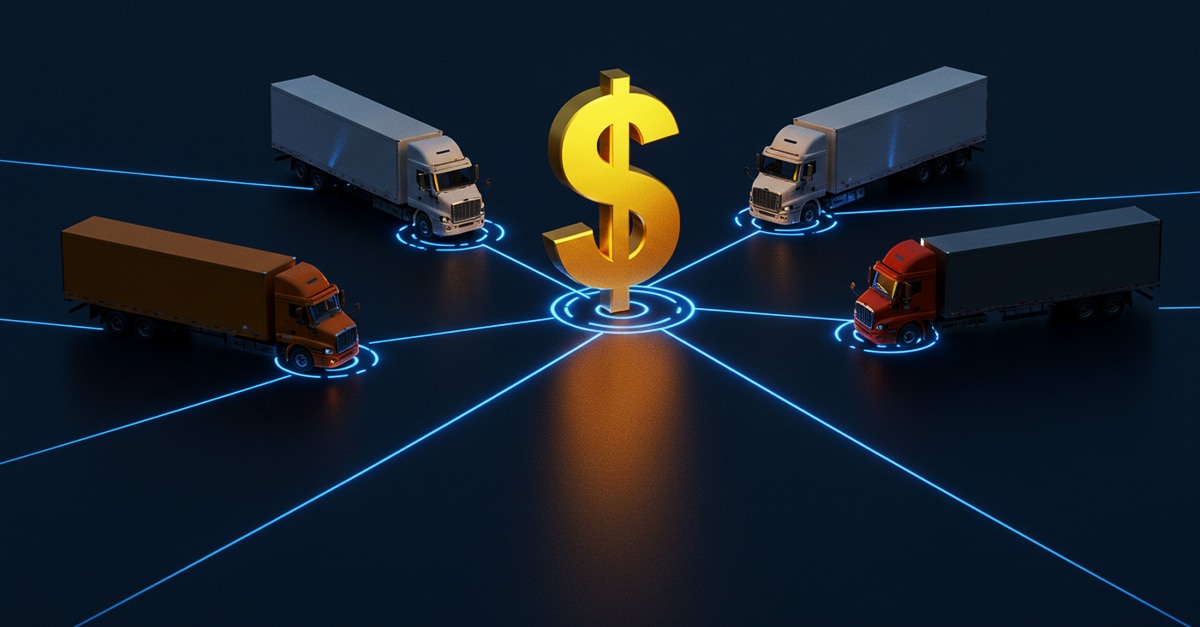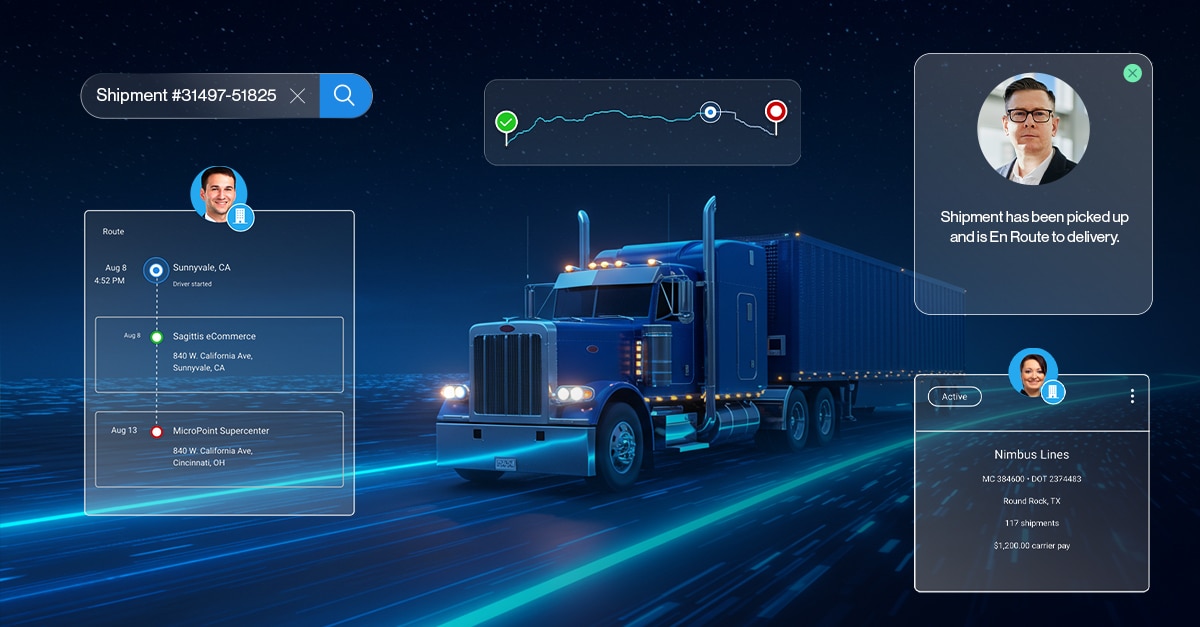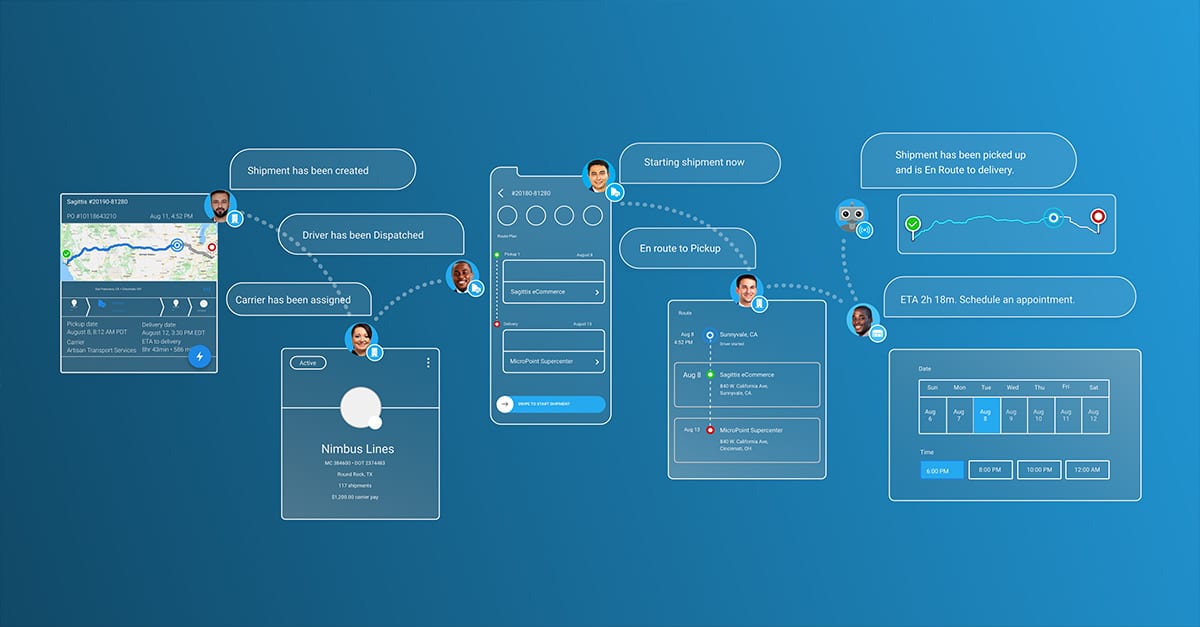The logistics landscape has always been one of intricate details and complex operations. Traditional routing guides have long been the backbone of this industry, providing rule-based manuals that dictate how shipments move from origin to destination. These guides, while effective in the past, often lack the flexibility and adaptability needed in today’s rapidly changing environment. Enter the era of Artificial Intelligence (AI) – a transformative force that’s reshaping the way we think about optimizing logistics.
Real-time Decision Making with AI
Artificial Intelligence, with its vast data processing capabilities, offers real-time decision-making that’s a game-changer for the logistics industry. Instead of relying on pre-set rules, AI-powered routing guides analyze current data, from traffic conditions and weather forecasts to shipment urgency, to determine the most efficient route. This real-time adaptability not only ensures timely deliveries but also results in significant cost savings.
Predictive Analysis: The Proactive Approach
Beyond just real-time decisions, AI’s predictive analysis capabilities play a pivotal role in future shipment planning. By studying historical data, AI can forecast potential challenges or disruptions, allowing logistics professionals to proactively adjust their strategies. This forward-thinking approach minimizes last-minute disruptions and ensures a smoother, more predictable logistics process.
Dynamic Carrier Selection
Carrier selection, a cornerstone of any routing guide, is also enhanced by AI. Instead of static carrier preferences, businesses can now dynamically choose carriers based on real-time performance metrics, cost considerations, and availability. This fluid approach to carrier selection ensures reliability and cost optimization, two critical components in logistics.
Enhancing Customer Trust and Eco-Friendly Logistics
In the modern, customer-centric business landscape, delivering on promises is paramount. AI-powered routing guides, with their adaptability and precision, ensure that shipments reach their destinations as committed, enhancing customer trust and loyalty. Moreover, as environmental sustainability becomes a global priority, these intelligent routing guides can also select routes that minimize fuel consumption and emissions, making logistics not just efficient but also eco-friendly.
Integration with Emerging Technologies
The integration of AI with other emerging technologies further amplifies its impact. When combined with the Internet of Things (IoT) or blockchain, for instance, AI-powered routing guides can offer comprehensive solutions that ensure transparency, traceability, and real-time monitoring in the logistics chain.
Challenges and Opportunities Ahead
However, the journey of integrating AI into routing guides isn’t without challenges. Concerns about data privacy, the need for skilled AI professionals, and initial setup costs are potential roadblocks. But as with any transformative technology, the opportunities presented by AI-powered routing guides far outweigh the challenges. As AI technology continues to mature and become more accessible, it’s evident that its synergy with routing guides will set the gold standard in optimizing logistics.
Embracing the Future of Logistics
In conclusion, as we navigate the intricate pathways of logistics, AI stands out as a beacon, guiding us toward efficiency, predictability, and innovation. The fusion of AI with traditional routing guides is not just a trend; it’s the future of logistics optimization. Embracing this change is essential for any business or logistics professional aiming to stay ahead in this dynamic industry.

